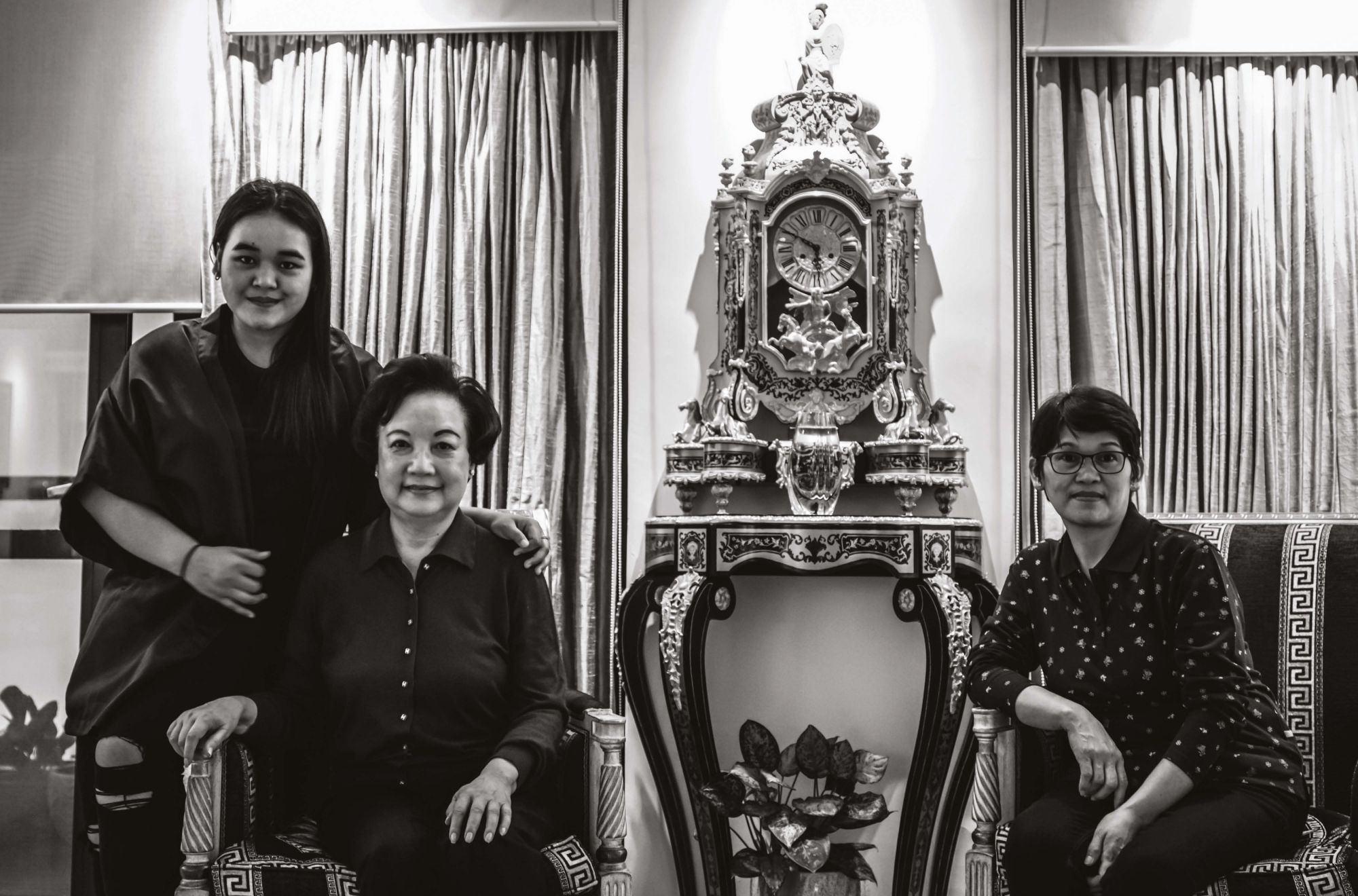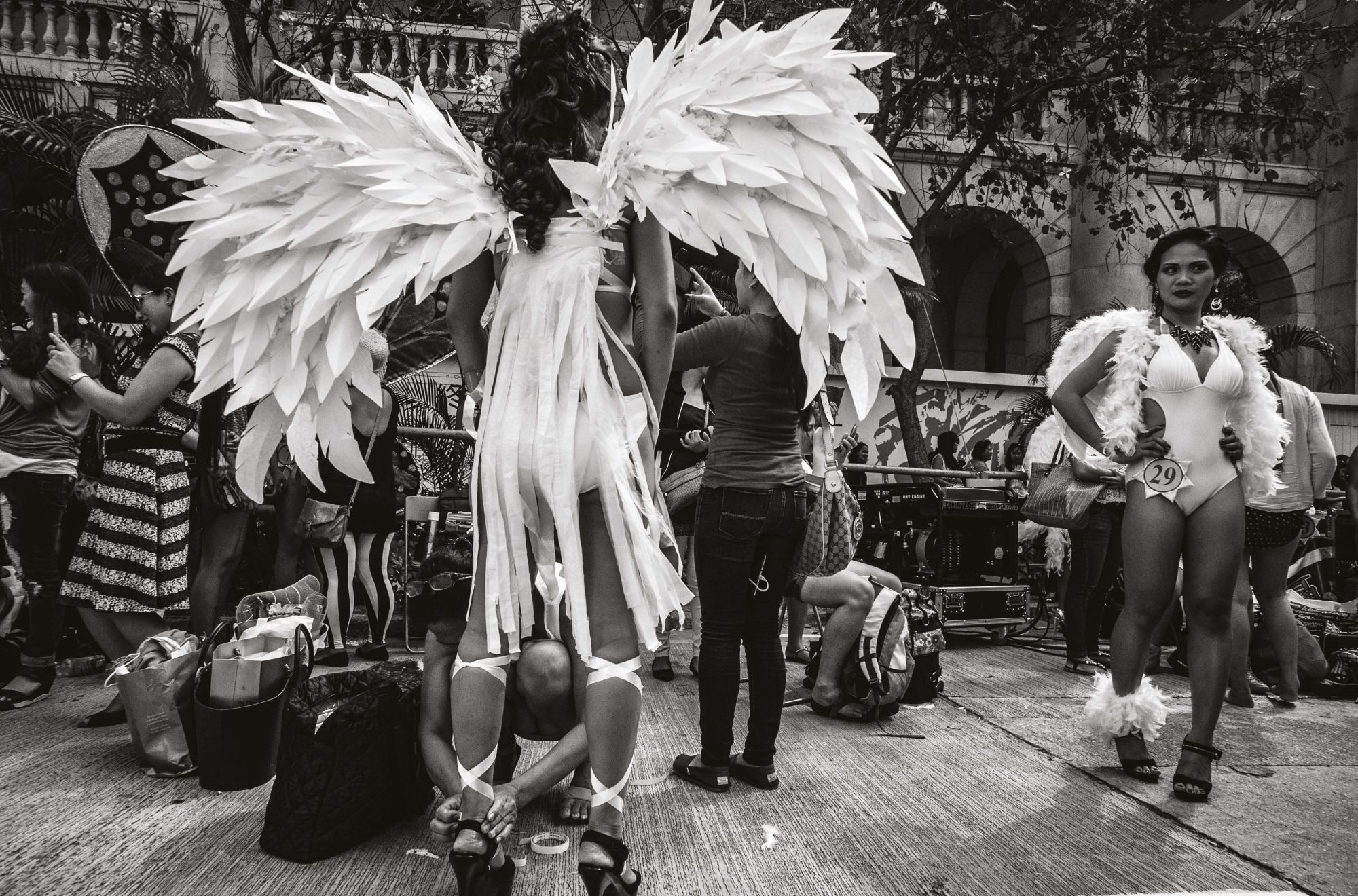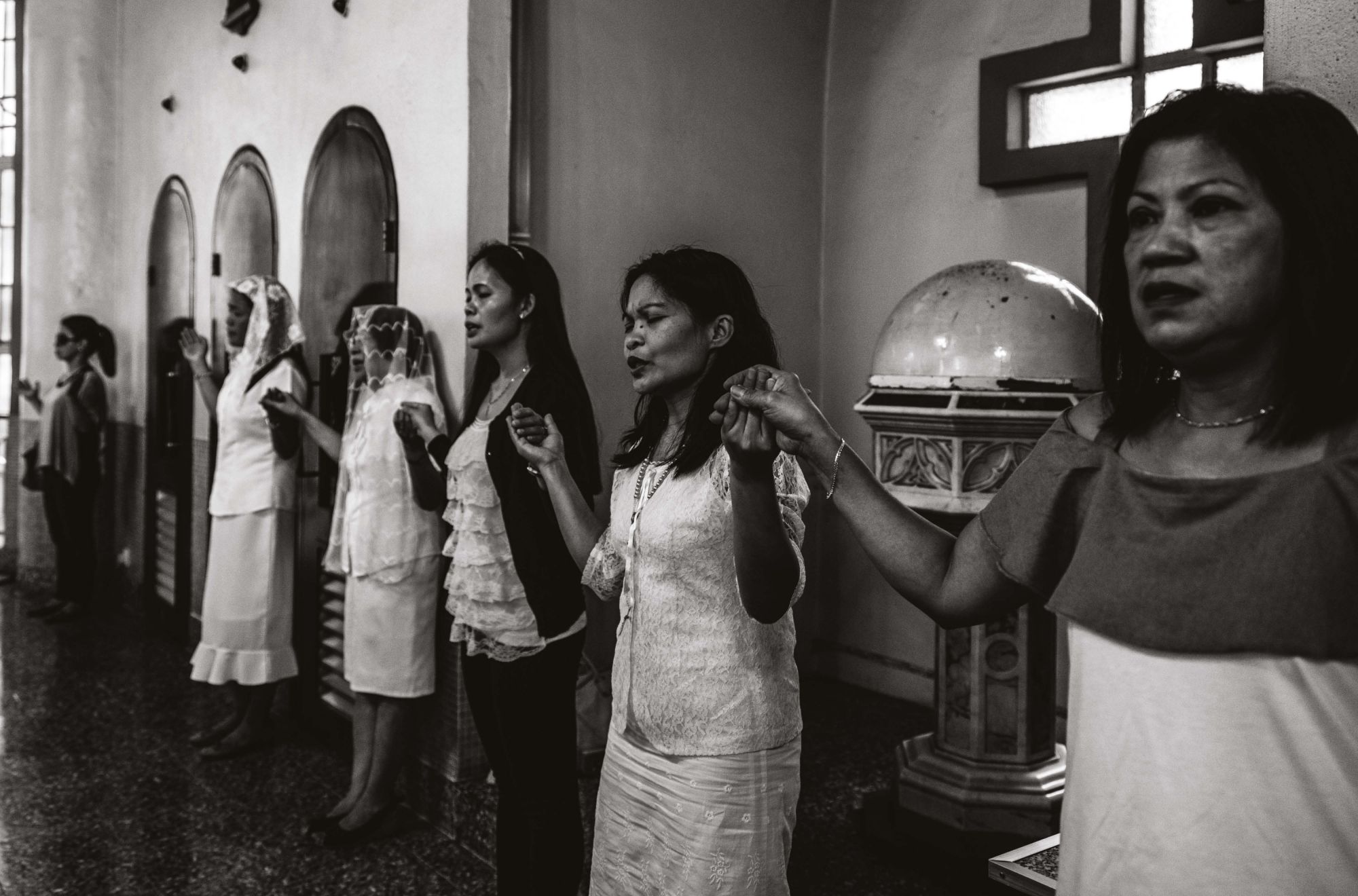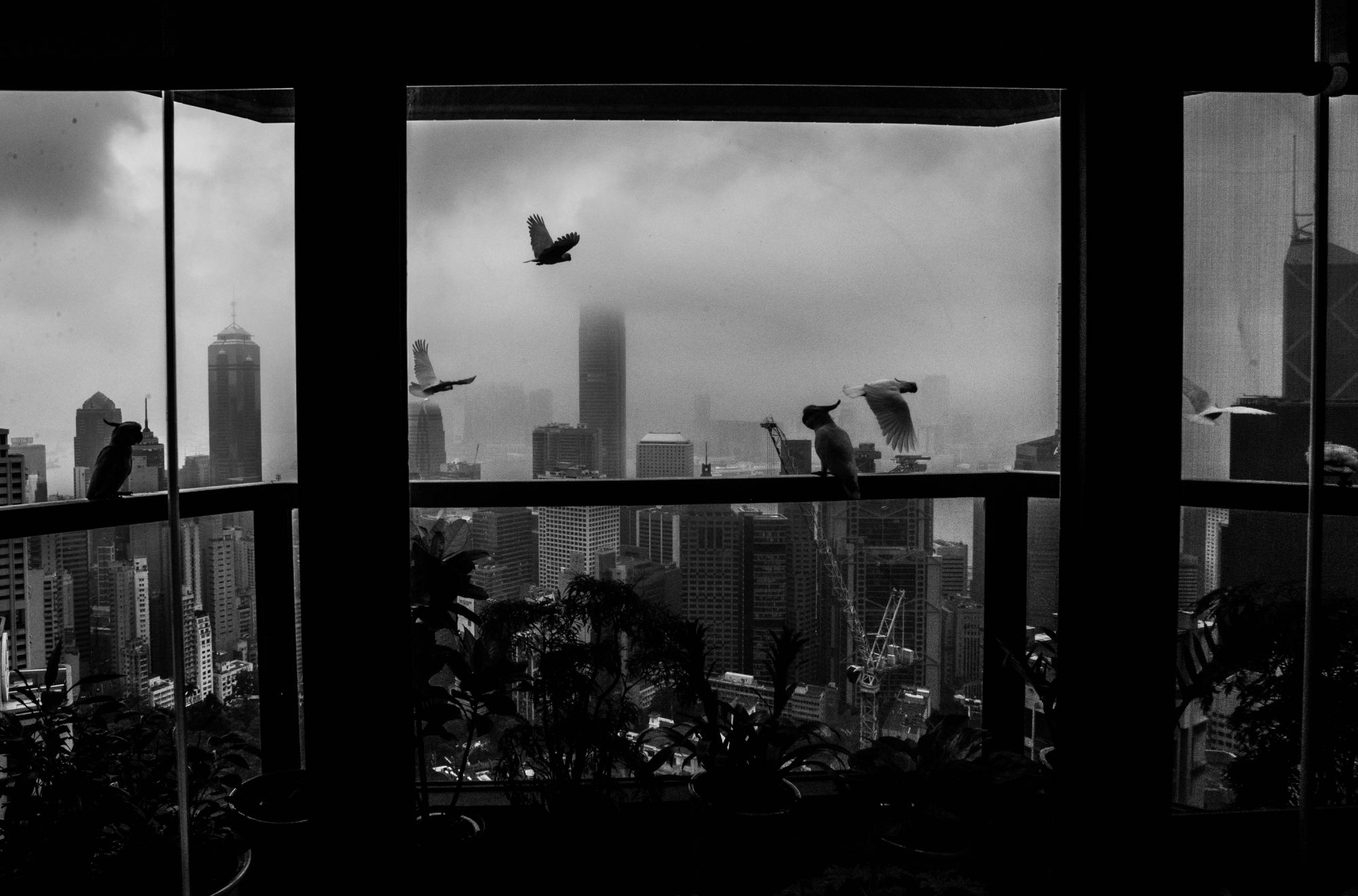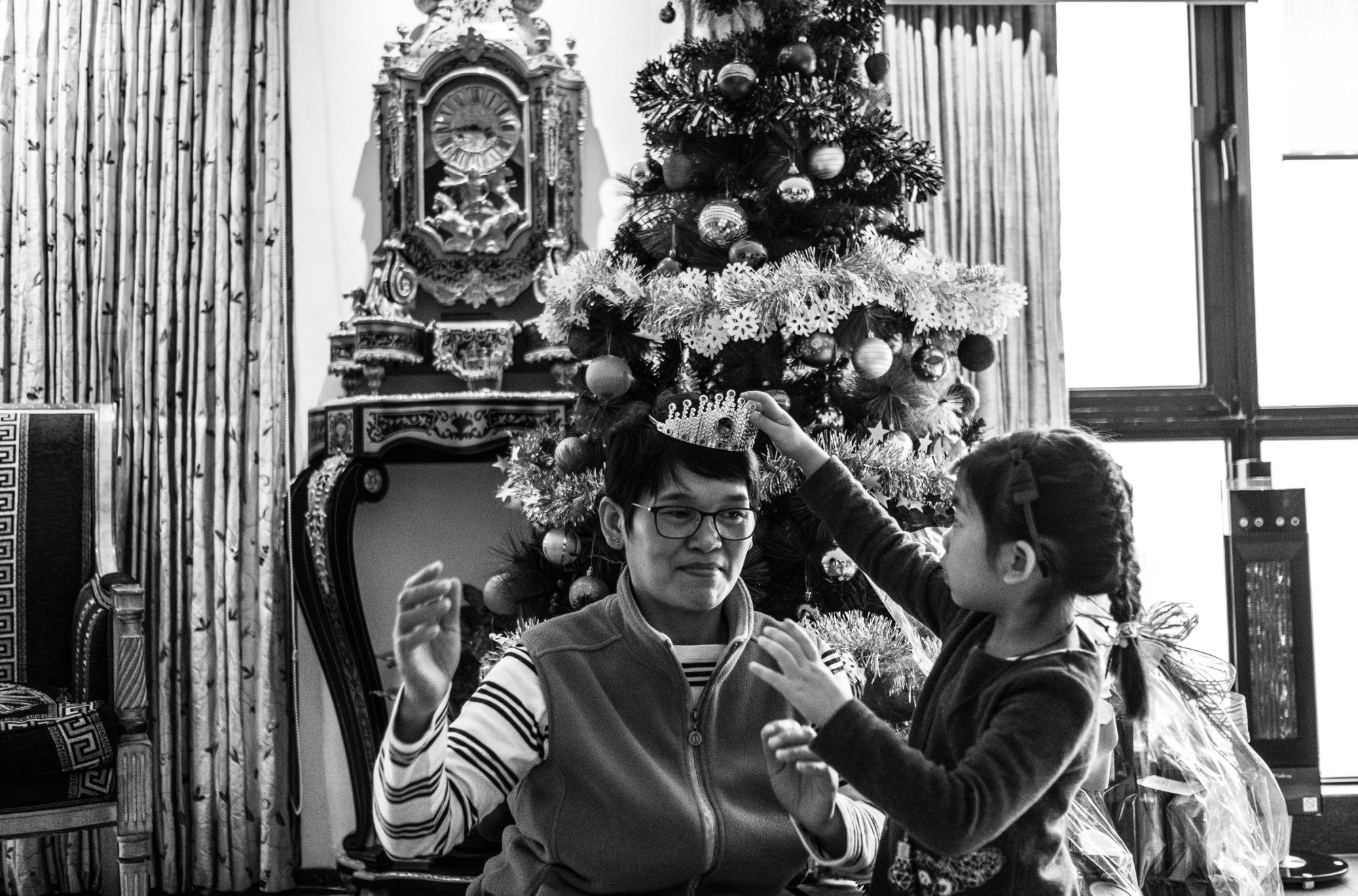She was a cleaner and nanny in Hong Kong when her employer encouraged Xyza Cruz Bacani to pursue her passion for photography. Now the Philippine snapper is a global phenomenon
When Xyza Cruz Bacani told her mother, Georgia, that she wanted a camera, the idea was quickly shut down. “I told her cameras are for rich people,” says Georgia. Her mother wasn’t being miserly or unkind. She was simply being honest. At the time, both women were working in Hong Kong as domestic helpers and saving every penny to send back to their family in the Philippines so Xyza’s siblings could go to college.
But Xyza persisted and their employer, Kathryn Louey, chairman of Wai Hung Enterprises and the Wai Hung Charitable Foundation, offered Xyza an advance to buy an SLR. “Mrs Louey always wanted me to have something for myself, and she always wanted me to learn new things and be happy,” says Xyza. “And I think she thought I’d really love photography.” None of them knew it at the time, but this act of generosity would change all their lives forever.
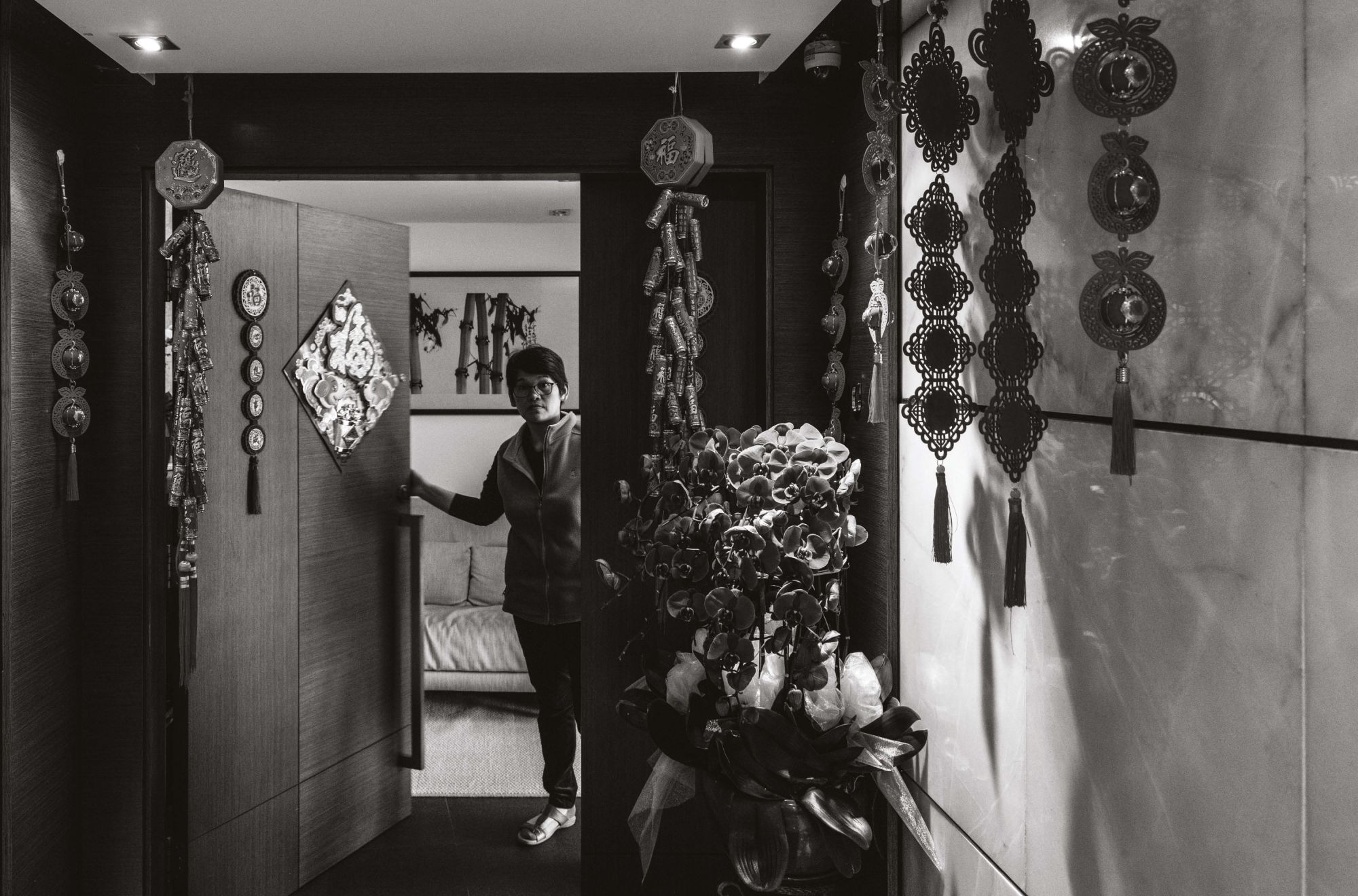
A hard landing
Their story begins in 1996, when a human trafficker persuaded Georgia to leave her husband and three young children in the Philippines to become a domestic worker overseas. Her salary, he said, would lift her family out of poverty. She was trafficked into Singapore and locked in a room for four days with 10 other women before being assigned to an abusive employer. In two years, Georgia was only allowed outside three times.
Georgia fled to Hong Kong, where she was employed by Kathryn. “Mrs Louey is the one who helped me have a better life,” says Georgia. “She is very generous to me.” In return, Georgia worked hard cooking, cleaning and babysitting Kathryn’s grandchildren. To save every penny to send back to her family, Georgia often chose to stay in Kathryn’s flat on her one day off a week.

